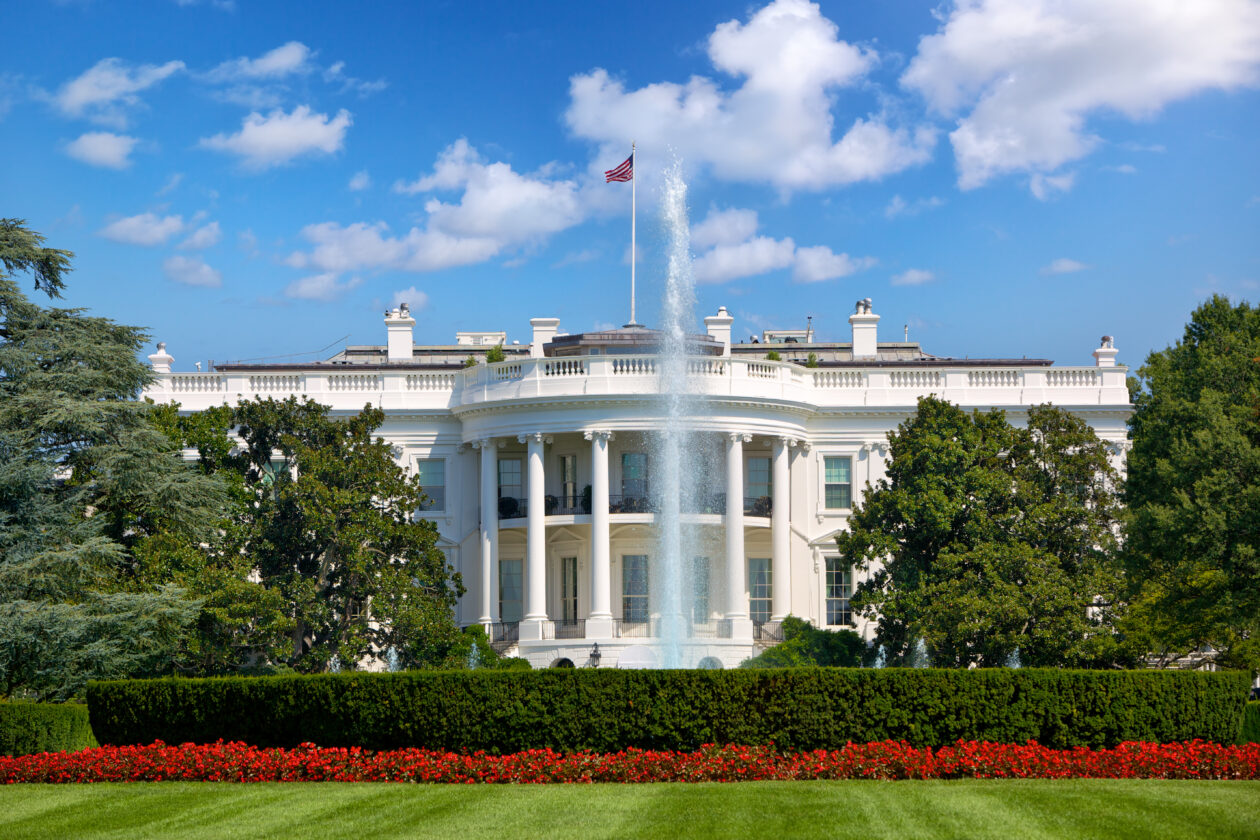The U.S. federal government has tasked the Federal Reserve to carry on with its ongoing central bank digital currency (CBDC) research in the nation’s “first-ever comprehensive framework for responsible development of digital assets”.
The Department of Treasury has been tapped to lead an interagency working group to assist the central bank.
The White House unveiled its framework on Friday, which included recommendations from reports published by various government agencies as a follow up to President Joe Biden’s executive order in March.
The Treasury published three reports on Friday and recommended the advancement of a possible U.S. CBDC if determined to be of national interest.
There are at least 105 countries exploring CBDC developments, according to the Atlantic Council, with China being in one of the most advanced stages among major economies.
China has been piloting its CBDC, the digital yuan or e-CNY, since October 2020. The trials have since expanded to at least 23 cities and regions.
Although President Biden urged the federal government to research and develop a digital dollar in the executive order, the Fed has yet to make a decision on the potential issuance of a digital dollar.
In May, Fed Vice Chair Lael Brainard said the central bank will not proceed with a CBDC without support from both the executive branch and Congress, prompting Republican members of the House Financial Service Committee to call for the top official to clarify the Fed’s stance on digital dollar issuance.
Industry watchers have criticized the Fed’s hesitancy in committing to digital dollar developments, fearing the advancement of China’s CBDC could risk the U.S. dollar hegemony.
“Safe” financial services for all
The White House also placed an emphasis on investor protection in the framework.
The Terra-LUNA crash was followed by several bankruptcies and liquidation in the cryptocurrency industry.
As a result, Asian countries like Singapore, India and Thailand are increasingly tightening their oversight of the sector as they seek to curb money laundering and improve investor protection.
The Financial Stability Oversight Council (FSOC) will publish a report in October to discuss financial stability risks posed by digital assets and make recommendations should it identify regulatory gaps, the White House said.
The Treasury, on its part, will carry out an “illicit finance risk assessment” on decentralized finance (DeFi) by February 2023, and an evaluation of non-fungible tokens (NFTs) by July 2023.
The White House said the President will consider whether to call upon Congress to amend the Bank Secrecy Act and if existing laws against unauthorized money transfers should be applicable for digital asset service providers.
President Biden will also examine urging Congress to increase penalties for illegal money transfers, as well as amending certain federal statutes that would enable the Department of Justice to tackle digital asset crimes in any jurisdiction where a victim is found.





